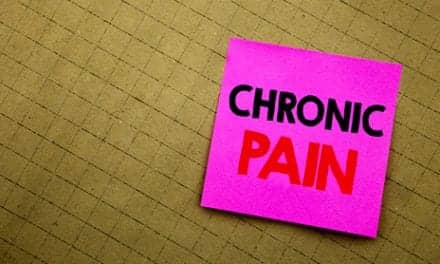A new study published in Pediatrics shows that children who experience a concussion may find some symptoms fading fairly quickly while others may emerge later, which the authors of the study believe should inform how these children are cared for at home and school. A news release from the American Physical Therapy Association (APTA) notes that this tends to begin with physical symptoms that end soon after the injury, emotional symptoms occur later, and cognitive symptoms begin immediately and can last for 1 month or more. The study tracked self-reports of 235 patients ages 11 to 22 years who went to an emergency department for concussion treatment.
Patients, or parents of the patient, filled out the Rivermead Post-Concussion Symptoms Questionnaire at or near the time of the injury, and then at 1, 2, 4, 6, 8, and 12 weeks afterward. The APTA news release notes that the authors of the study found that rather than experiencing a number of symptoms that gradually abated at different rates, patients frequently experienced a “course of symptoms,” with some occurring after others have diminished. Some cognitive and emotional symptoms that developed after the initial assessment include frustration, irritability, poor concentration, and forgetfulness.
The authors of the study write, “Although headache, fatigue, dizziness, and taking longer to think were the most common symptoms encountered at presentation, sleep disturbance, frustration, forgetfulness, and fatigue were the symptoms most likely to develop during the follow-up period that had not been present initially after the injury.”
The authors of the study also write in the study, “Cognitive symptoms were particularly significant in our cohort. They were present in substantial percentages initially, still went on to develop in many additional patients, and had greater than average duration of symptoms, with the exception of forgetfulness …. These findings support the importance of academic accommodations for children after concussion.”
Source: APTA





